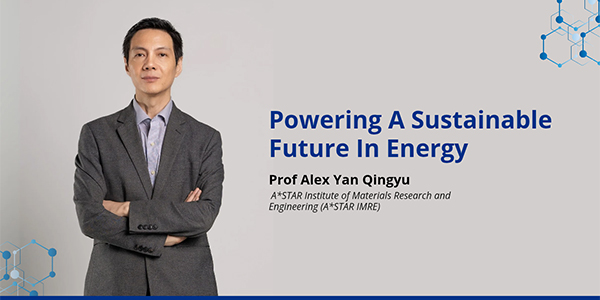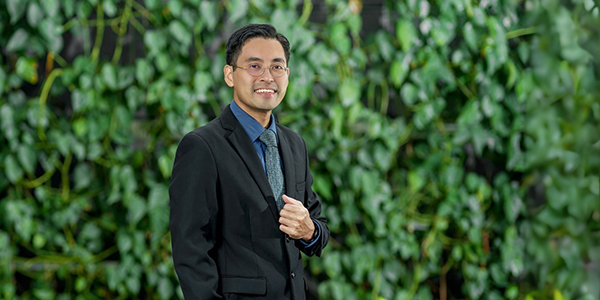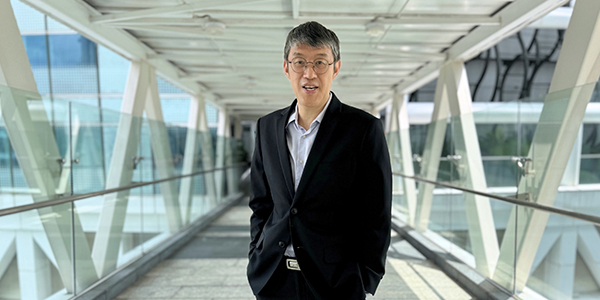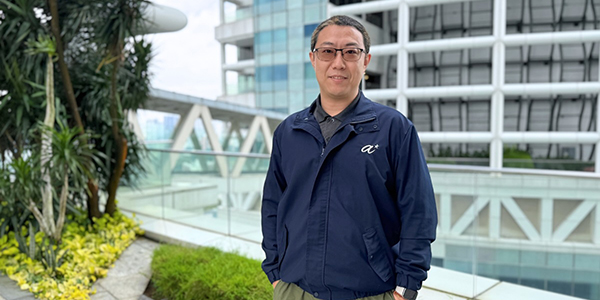FACES OF A*STAR
From Machine Learning Research to Helping Companies Radically Simplify and Industrialise AI data
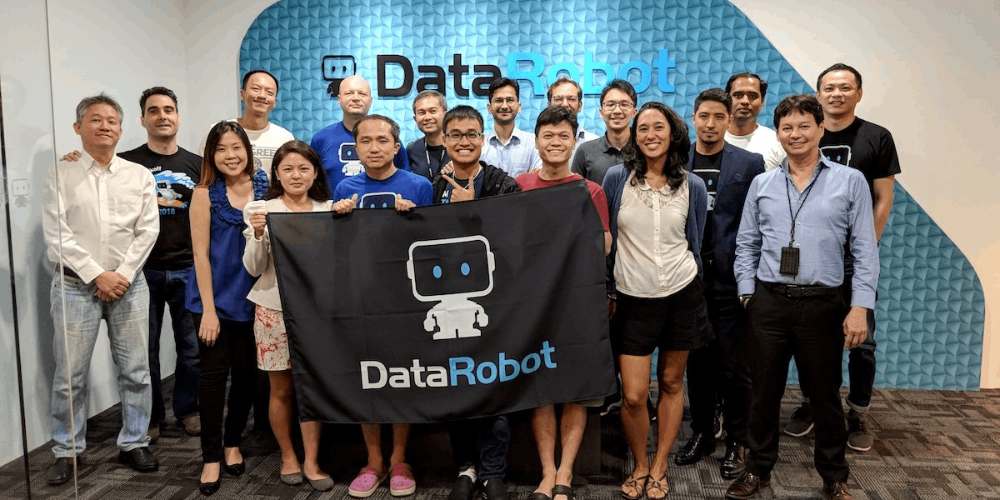 (5th from left, front row) Dr Kenny Chua with his colleagues at the startup DataRobot as Head of R&D
(5th from left, front row) Dr Kenny Chua with his colleagues at the startup DataRobot as Head of R&D
Dr Kenny Chua, A*STAR scholarship recipient and former Head of the Machine Learning Lab at the Institute for Infocomm Research (I2R), now helps businesses grow by transforming data into actionable strategies.
Q: As the Chief Technology Officer of startup FeatureByte, what is the key problem that you are trying to solve?
A: A lot of companies struggle to get the huge amount of data they generate from their business into a form that makes sense for machine learning. When we speak with companies, we realise they have tech teams that spend a lot of time experimenting with data, anything from months to a year. However, what is important is efficiently translating the data into production and generating insights to make meaningful improvements to business operations.
What we therefore aim to do is help companies summarise large buckets of data into features that are useful for machines to deploy. Features are variables that machines comprehend. For example, a business may want to predict when a customer will buy a particular product based on previous purchase history. We can significantly reduce the time it takes for companies to do this by simplifying feature engineering.
FeatureByte was incorporated less than two years ago and we have since received seed funding of US$6 million. We have about 20 staff and most of the engineering team is based in Singapore.
By around September 2023, we hope to deploy our first enterprise solution to early adopters in the banking, insurance and healthcare industries.
Q: After receiving an A*STAR scholarship in 2003, you focused on bioinformatics. What got you interested in the field?
A: As an undergraduate, I studied computer engineering at the National University of Singapore. I was very keen to further my interest in data mining. The amount of data was limited in the early days, but that wasn’t the case for biology.
Due to the Human Genome Project, a lot of open source data was generated. That’s why I chose to study bioinformatics for my PhD. It’s fascinating.
A few years later, I did my post-doctoral fellowship at Harvard Medical School and the University of Toronto. I worked at the laboratory of Dr Frederick Roth, whose work included the development of computational technologies to understand human disease, genes and the interactions of drugs.
A*STAR supported me in my first two years overseas while my third year was sponsored by Dr Roth. Upon my return, I served at A*STAR’s Institute for Infocomm Research where I headed the Machine Learning Lab.
Q: What was your journey like after your stint at A*STAR’s Institute for Infocomm Research?
A: In 2014, I joined a startup called DataRobot. I started as a data scientist and became the Head of R&D in a couple of years.
The company’s vision was to democratise machine learning. I’d say DataRobot pioneered the concept of automated machine learning by providing software that helps businesses analyse their data. Easy and convenient, no need for companies to fuss with hiring tech talent to do all that.
Finding adequately skilled tech employees was a problem then, in 2014. The ones who had the right skill sets were expensive. DataRobot thus addressed those pain points and provided enterprises with the tools that delivered consistent results.
After seven years there, I left to join FeatureByte. Looking back at my journey so far, it’s clear that tech has become so deeply entrenched in our lives that it will undoubtedly continue to be intertwined with humanity.
Q: How has the A*STAR scholarship helped you in your career?
I was awarded the A*STAR Graduate Scholarship (AGS) in 2003 and subsequently took up the A*STAR post-doctoral fellowship thereafter.
The scholarships provided me with invaluable support in my pursuit of a top-tier graduate education, where I had the privilege of interacting with exceptional peers and mentors who instilled in me, a scientific approach to problem-solving.
Through my attachment at A*STAR’s Institute for Infocomm Research, I gained exposure to real-world data-related challenges faced by various industries, particularly as digitisation rapidly expanded, which in turn led to a surge in data volumes.
Enterprises were increasingly keen to harness this data to improve business processes. Working with them provided me with valuable insights and shaped my future career aspirations.
I also had the opportunity to collaborate with industry partners on research projects, which helped me to understand diverse use cases and the challenges specific to each sector.
Q: Any advice for students who are considering a career in tech?
Keep learning and trying new things. Don't be afraid to fail.
Was this article helpful?
A*STAR celebrates International Women's Day

From groundbreaking discoveries to cutting-edge research, our researchers are empowering the next generation of female science, technology, engineering and mathematics (STEM) leaders.
Get inspired by our #WomeninSTEM

